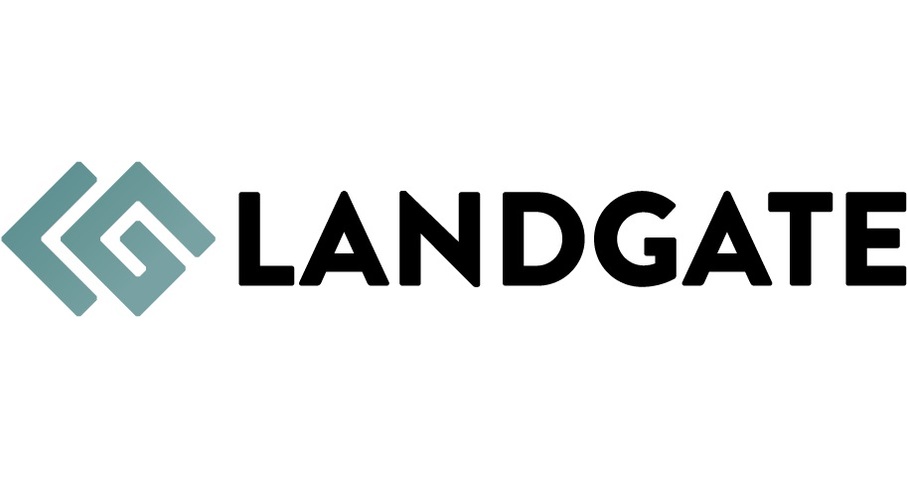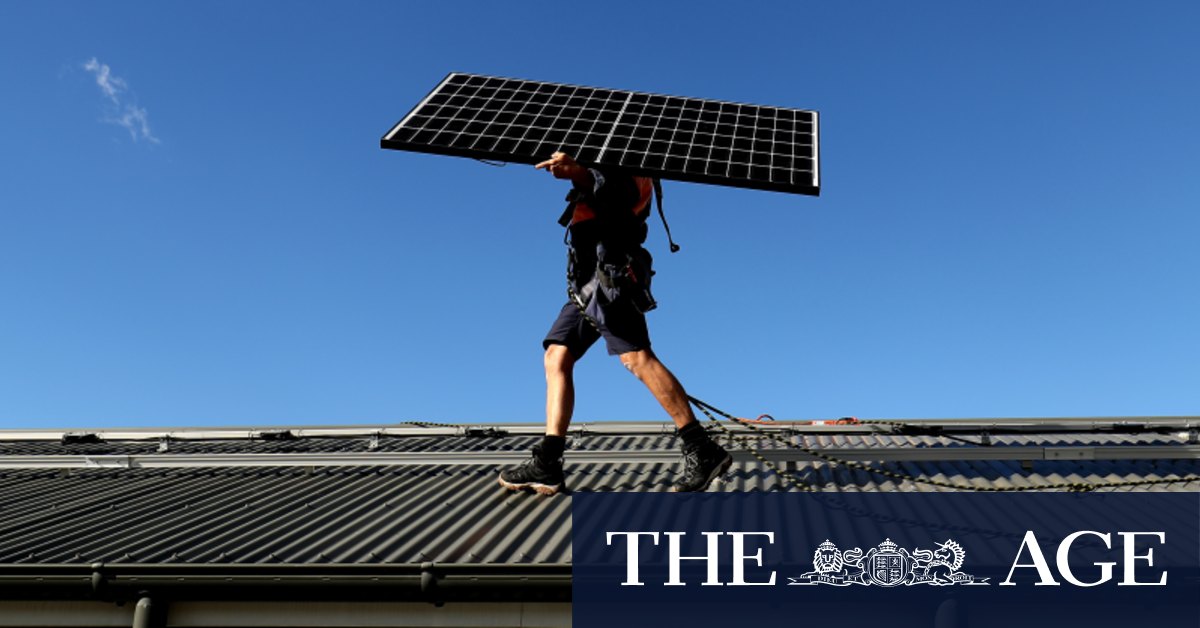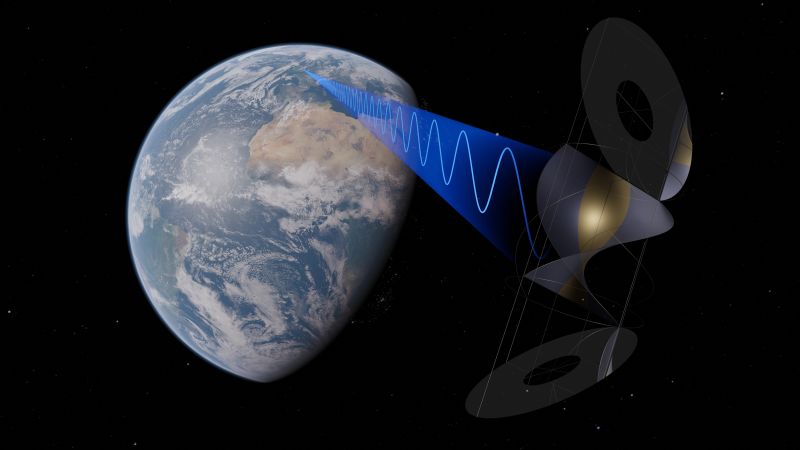Emerging Solar Energy Market in West Virginia
LandGate, the leading provider of data and analytics for energy and commercial real estate markets, announced the publication of an in-depth study on solar development in West Virginia. This comprehensive analysis provides valuable insights for developers, investors, and policymakers into the region’s solar energy potential and current activity.
Key Highlights of the Study
The study evaluates solar development in West Virginia through several critical factors: federal and local regulations, available incentives, and grid interconnection and integration. The study offers a detailed breakdown of federal and state incentives available to solar developers in West Virginia. It includes information on how to access these incentives, making it easier for developers to benefit from them.
The analysis examines the state’s interconnection standards. These standards simplify and reduce the cost of connecting solar projects to the grid, facilitating smoother project implementation. West Virginia has no currently operating utility-scale solar farms. However, it boasts one of the largest pipelines for future solar developments in the United States.
West Virginia Solar Energy Development Activity
Despite its historical reliance on coal, West Virginia is emerging as a significant player in solar energy development. The state has an impressive pipeline for future utility-scale solar projects, including:
- 70 MW capacity for planned projects
- Approximately 6,240 MW capacity for 86 queued projects
- 455 MW capacity for 10 site control projects
If all these projects become operational, West Virginia’s capacity will expand by approximately 6,765 MW. On average, a solar farm in West Virginia covers 245 acres and produces 69.5 MW of electricity, requiring 3.5 acres per MW of capacity.
Legislative and Policy Developments
Historically, solar development in West Virginia was not prioritized due to the state’s focus on coal production. This was further exacerbated by the repeal of the Renewable Portfolio Standard (RPS) in 2015. However, recent federal and state policies have significantly promoted solar development since 2018. Notable legislative advancements include:
- Federal Investment Tax Credit (ITC): Extended to 30% for solar system installation.
- Inflation Reduction Act (IRA): Implemented in 2022, continuing support for solar development.
- Senate Bill 583: Enacted in 2020, allowing electric companies to produce a portion of their electricity from solar installations.
Access to the Study
LandGate provides critical data to top developers and financiers in the country. To learn more about accessing this platform or to discuss how this data can apply to your business, book time with a member of our dedicated energy markets team.
This study highlights West Virginia’s potential in the solar energy market, driven by favorable green energy policies and significant solar energy investment. As solar technology advances, the state’s solar market analysis indicates promising developments and trends, paving the way for a cleaner and more sustainable energy future.
Source:prnewswire.com





